Paranoid schizophrenia is a mental disorder with unusual and bizarre perceptions of reality when a person has hallucinations and makes his or her own delusions. People suffering from paranoid schizophrenia experience various problems but can think and feel properly and can concentrate well as opposed to some other types of schizophrenia.
A person has unusual perceptions with no contact with reality, and their delusions and hallucinations are known as positive symptoms. They sometimes have suicidal tendencies, so it is essential to prescribe adequate treatment.
Symptoms
1. Making up things and delusions
2. A person believes some people conspire against him
3. Anxiety
4. Violent behavior and anger
5. Hallucinations, hearing voices
6. Absentmindedness and being remote and reserved
People with paranoid schizophrenia believe that someone wants to do them harm. These people interpret actions as conspiratorial even though the evidence, in reality, is the opposite.
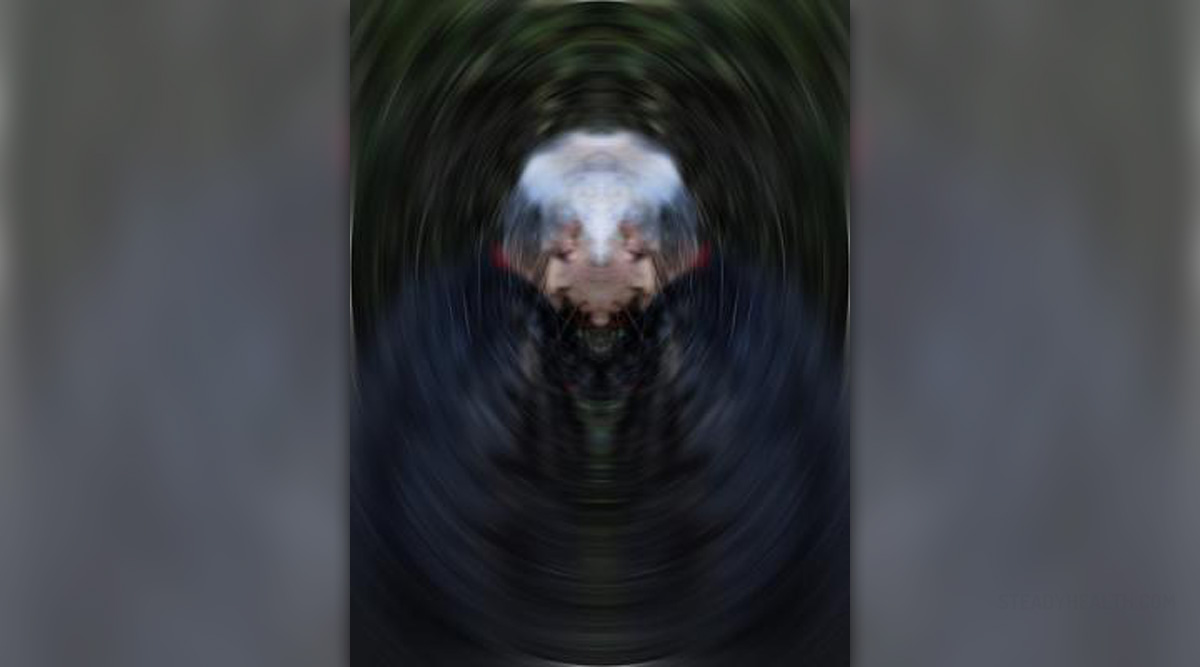
Often, they believe they are meant to do something grand and important because they stand out from the crowd. They can imagine they are famous or have a connection with someone famous. Such delusions cause them to be tense and aggressive, trying to defend themselves from enemies.
Hallucinating voices is an unpleasant experience, and people suffering from paranoid schizophrenia hear voices that no one hears. These voices can tell them what to do, criticize, and verbally molest them. The voices seem real, so people can talk to them, discuss things, and shout at them.
What To Do When You Notice Those Symptoms?
People with paranoid schizophrenia do not recognize that they have a problem because their delusions and hallucinations appear real to them. Their family, friends, and people around them can notice that. If anyone has these symptoms, he or she should be urgently sent to the doctor for adequate therapy.
Untreated schizophrenia worsens gradually. Mental institutions and specialists define the treatment and help these people overcome their problems in the best way. They find ways to try to face the difficulties and symptoms and moderate them.
People around the ones with paranoid schizophrenia should try to talk to them and give them support. Encouragement and support are of great importance. An honest and concerned conversation might help to convince these people to seek medical advice. They can try to hurt themselves and the people around them, so sometimes emergency services are called.
These people have suicidal thoughts very often. A family member or a friend should be near them in these situations. People with paranoid schizophrenia must talk to someone or consult a professional to try and calm them down.
Treatment With Anti-psychotics
First-generation anti-psychotics influence the brain neurotransmitters and ease the hallucinations and delusions. However, they can trigger adverse side effects, such as movement disorders (a person makes involuntary moves). Second-generation (atypical) anti-psychotics help with all the symptoms and recover motivation and emotions. Side effects include putting on weight and diabetes. Some antidepressants and other medicines can be included to deal with depression and anxiety.
- Prescription data of schizophrenic inpatients within the time period 2000–2015 were obtained from the database of the Drug Safety Program in Psychiatry (AMSP). Data were collected at 2 index dates per year; the prescription patterns and changes over time were analyzed.
- Among 30?908 inpatients (mean age 41.6 years, 57.8% males), the drug classes administered most often were antipsychotics (94.8%), tranquilizers (32%), antidepressants (16.5%), antiparkinsonians (16%), anticonvulsants (14.1%), hypnotics (8.1%), and lithium (2.1%).
- The use of second-generation antipsychotics significantly increased from 62.8% in 2000 to 88.9% in 2015 (P?.001), whereas the prescription of first-generation antipsychotics decreased from 46.6% in 2000 to 24.7% in 2015 (P?.001). The administration of long-acting injectable antipsychotics decreased from 15.2% in 2000 to 11.7% in 2015 (P?=?.006). Clopazine was the most often used antipsychotic, having been used for 21.3% of all patients. Polypharmacy rates (?5 drugs) increased from 19% in 2000 to 26.5% in 2015. Psychiatric polypharmacy (?3 psychotropic drugs) was present in 44.7% of patients.
Medications used and their dosage depend on how serious the schizophrenia is. Doctors may combine different medicines and methods before finding the best one that eases the symptoms. A patient must not stop taking medicines even if his state stabilizes because symptoms can reoccur.
All of these medications have side effects and can cause other health problems (high cholesterol, high blood pressure, changes in white blood cells, and diet...). If other medications are used besides this, a doctor should be consulted to avoid dangerous interactions.





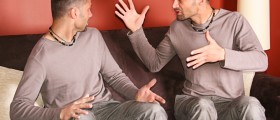
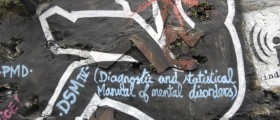

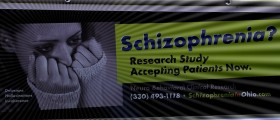
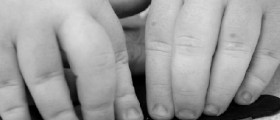





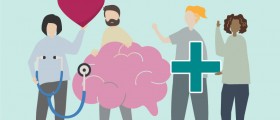
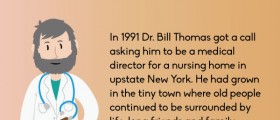
Your thoughts on this
Loading...